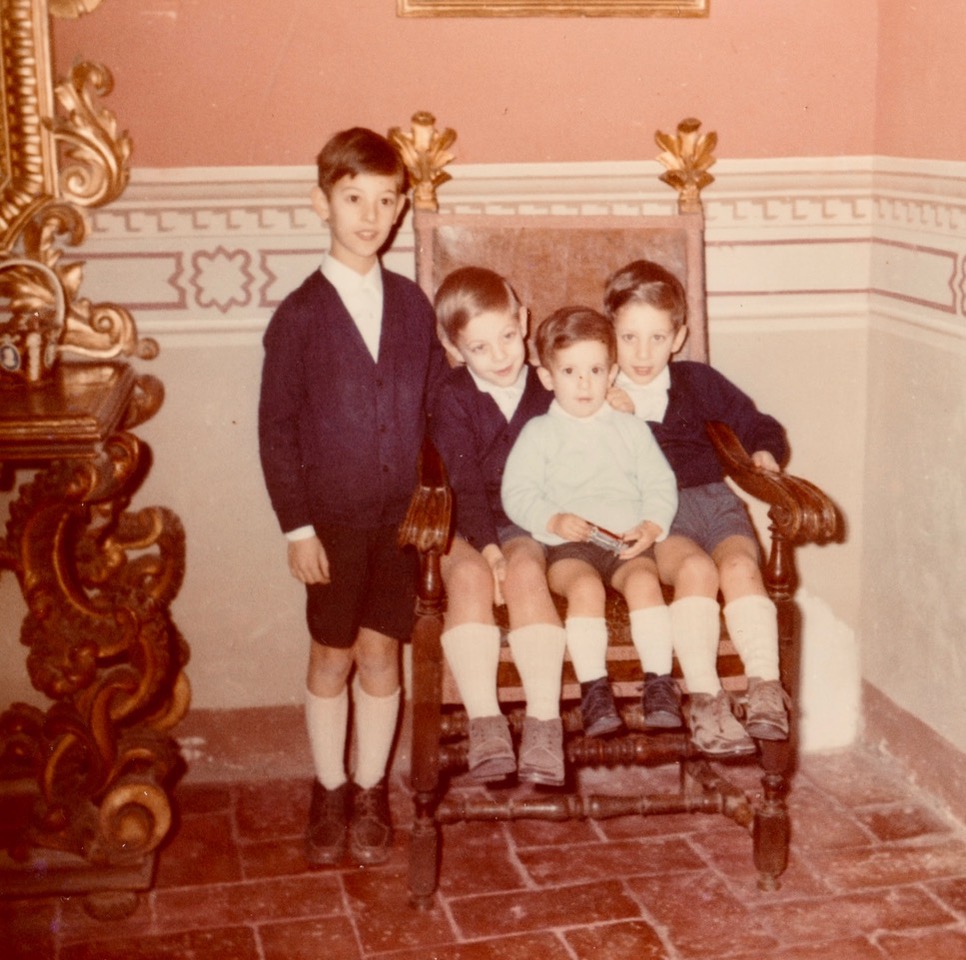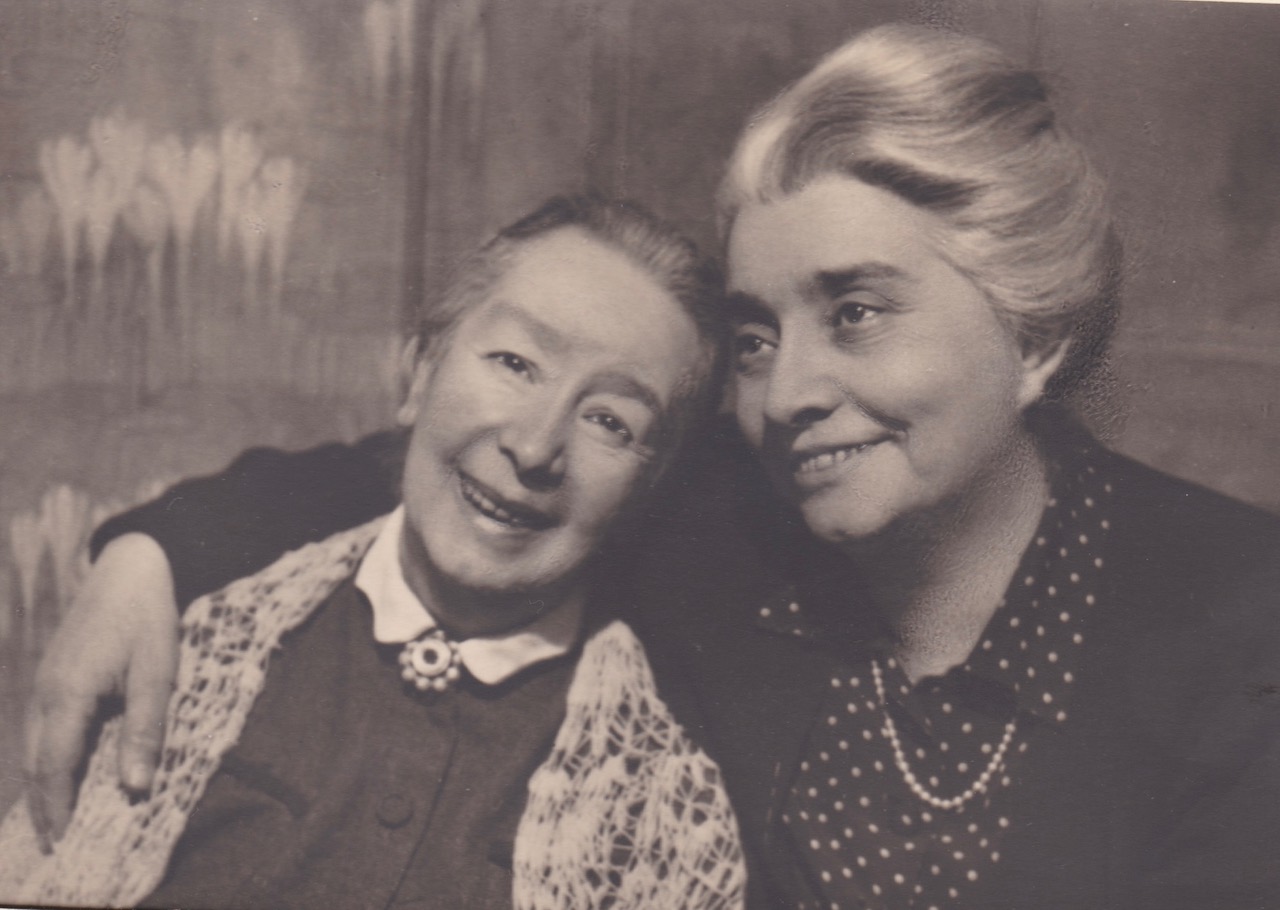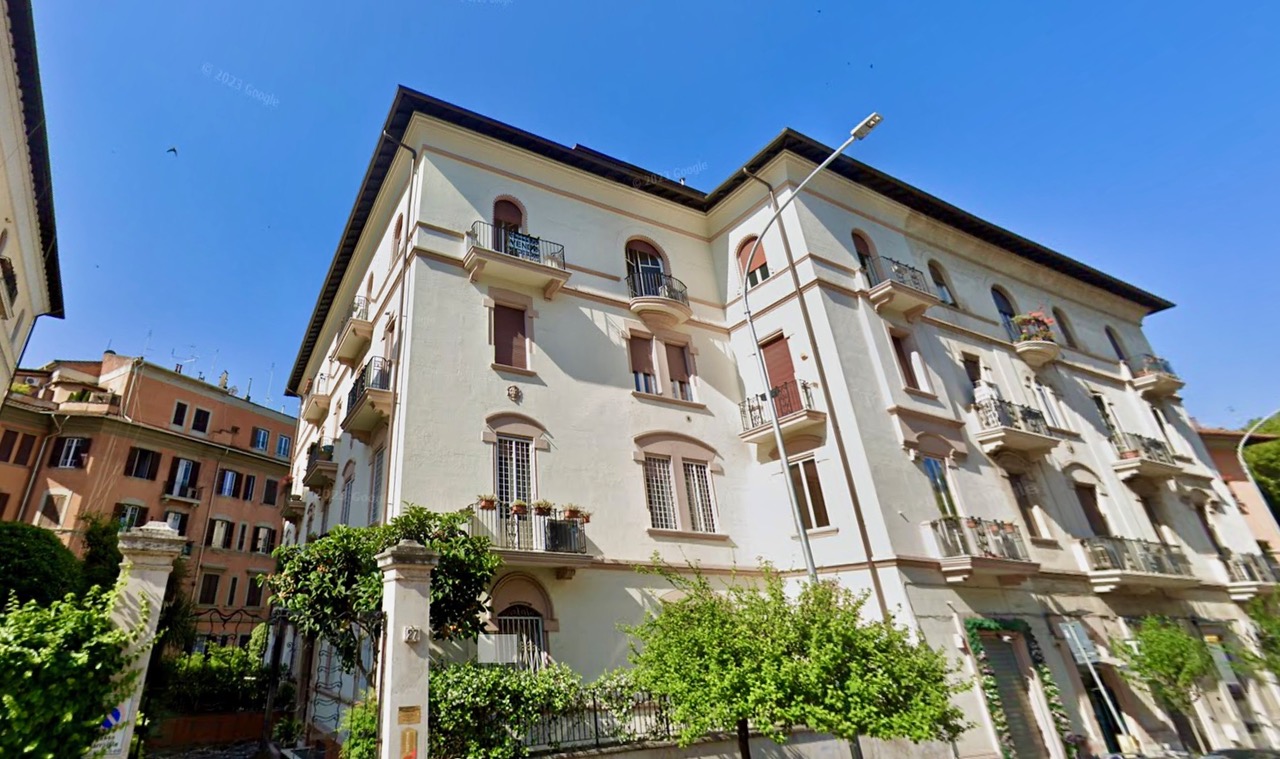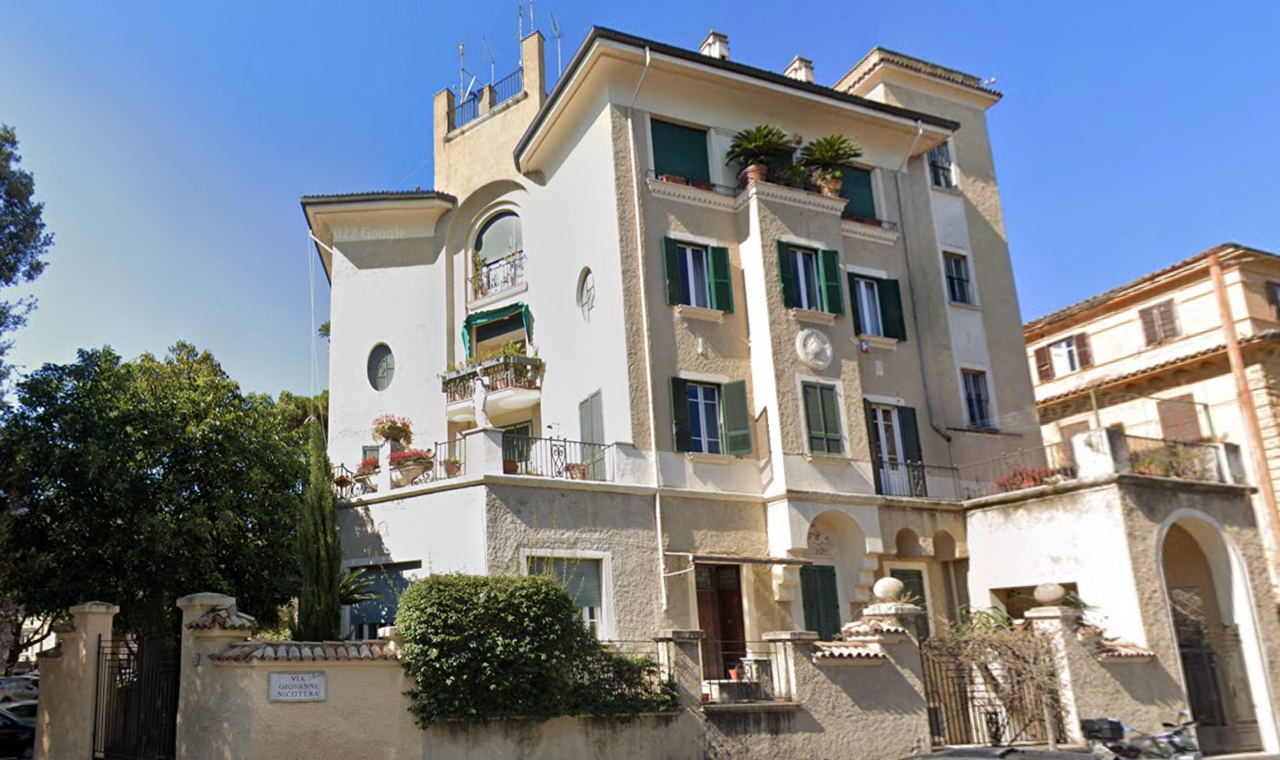
By Francesco Bianchini
We used to call them ginevrine (i.e., from Geneva) – those candies made of colored, fruit-flavored caster sugar in the shape of a slightly convex coin. I would have forgotten their name and existence had I not recently happened to see some displayed in a confectioner’s window. My great Aunt Maria was the dispenser of those delicacies in our house. She would come from Rome with bags full of them and make such a binge among nieces and nephews that the smell of flavored sugar mixed with her cologne would cling to her. Going to wait for her at the bus stop was an event in itself. The driver would dismount to unload her suitcases and bags, allowing her to finish the conversation she’d struck up with the occasional seatmate.

The mesmerizing candies from Geneva
Maria traveled heavily, not out of any special vanity but because her luggage was loaded with gifts for us siblings – seven in all – plus our cousins, virtually a small army. All she had to do was unpack her suitcases, arranged side-by-side on the bed, for us to crowd around her like a flock of pigeons drawn by crumbs. She’d lose her bearings, could no longer remember where she’d stowed this or that thing, scrambled to grab back a package she’d given by mistake, pretended to be upset. The gifts had cost her exhausting trips through delicatessens and fine toy stores. The ginevrine overflowed from crumpled white paper bags and made a fine display among aunt’s stuff.

Some of the pigeons waiting for crumbs
Ginevrine came in pastel hues and looked like semi-precious stones, or multi-colored pebbles as observed on the shoreline, darkened just slightly by tumbling in the surf. Not only did they marry beautifully to the arch of your palate, where you’d lap them with your tongue to make them last longer, but the colors also delighted me. I gazed at them for some time against the light before popping them into my mouth – my olfactory and visual impressions sometimes trump taste. A pleasure that today I would call erotic, and that I equally felt in receiving as a gift from my aunt a package of crayons or colored pencils; in inhaling the greasy, woody smell and running my finger, and at the same time my eye, over the exquisite color gradations. Beauty as a narcotic that one cannot do without, and that would later make me shudder at the flash of red velvet from the hat on the head of a young woman as portrayed by Vermeer.
Aunt Maria was also an emissary of lexical exoticism, what with her vocabulary drawn from Roman dialect. Her voice, in which popular accents surfaced, was robust and drawling. Strong in her enviable social position – the widow of a judge – and aware, like a high-born person of spirit, that true distinction does not consist in putting on airs, she seemed to take advantage of her drawl, as an artist transforms what might be considered a flaw into a distinctive trait. Yet never was she tempted by affectation: she’d say ‘car’ and not ‘cab’ like other people, and one could imagine her fraternizing with the taxi drivers of Rome for whom it was evidently a pleasure to escort her left and right, intent on the ‘errands’ and ’embassies’ for which she took exclusive care. Everyone else in our family said ‘restaurant’ but Maria alone said the more commonplace ‘trattoria’. ‘You must eat properly,’ she admonished, ‘if you want me to treat you to the trattoria.’ And that word in her mouth held the promise of very special treatment commensurate with the degree of manners she hoped we’d acquire. To Aunt Maria, under no circumstances was a guest, however unexpected, to be dismissed on an empty stomach. The ‘plate of good cheer’ was her assertion. Believing that she’d invented the phrase, I checked it out and found that the expression actually exists: it stands for the food found ready on the table to welcome chance visitors who happen by.
Auntie was overflowing in every sense, in open contrast to the edgy, frigid models more prevalent in the family. Of her own siblings, she was the least endowed with artistic temperament and – perhaps not quite sure of her singing talents – would vocalize Puccini’s arias under her breath, almost in falsetto, leaning against the windowsill toward the cedars in the garden, perhaps remembering something from her past. She had a habit of printing such thunderous kisses on our cheeks that my Aunt Gabriella, her sister-in-law, scolded her by relating how someone she knew had gone deaf from receiving a kiss like that on her ear. But Maria just laughed that off, and then delivered even more resounding kisses.

My great aunts, Gabriella and Maria
Maria’s clothes were meant to contain and not embellish her, and her hair was set in luxuriant simplicity: waves as white as whipped cream on the sides that hinted at a sober Ionic order – especially when compared to the Corinthian volumes of my grandmother Margherita, her other sister-in-law. Far more serious matters than those trappings were on her mind: first, keeping everyone around her happy, especially the last one in order of appearance to plead his and/or her cause; and second, the perpetuation of her species through arranged marriages, through the formidable network she maintained to gather information on any potential match.
Maria owned a house in a fine turn-of-the-century building on Via Siacci in Rome, but upon the demise of her husband she – childless – gave it to her sister Anna, my maternal grandmother. There Anna dwelt after World War II when she moved back to Italy with a French husband and four offspring in tow. The ground floor apartment had a beautiful garden where I, as a child, frolicked around in a toy red car on the graveled drive. Auntie took up permanent residence in another townhouse in the Prati neighborhood that had been donated by a Genoese noblewoman as housing for a group of ladies dedicated to religious charitable work. The arrangement guaranteed Maria the widest of freedoms and was particularly congenial to her since she possessed little domestic aptitude. Thanks to her conciliatory nature, she was able to live a serene existence there, unaffected by the tumults and quarrels of her housemates.

Maria’s house, 27 via Francesco Siacci, Parioli, Rome
Though Auntie possessed a heart of gold, it did sometimes act up; she had ‘flutters’, perhaps one of the few in my family to live from the heart. She went in the hospital one Easter when I was about fourteen. We awaited her discharge without much worry, but one morning Papa came to my room and, pausing at the threshold, simply said ‘Aunt Maria felt unwell last night and died.’ I repeated this sentence over and over, trying to impress upon myself its meaning and logic. There had been other family deaths before, but in a long-lived clan like ours, old age was the order of things; sooner or later each ancient relative just disintegrated and disappeared without anyone making much of it. It was different for Aunt Maria. It was the first time death knocked directly at my door, announcing itself so disconcertingly in its banality.

The house of the Bountiful Ladies







